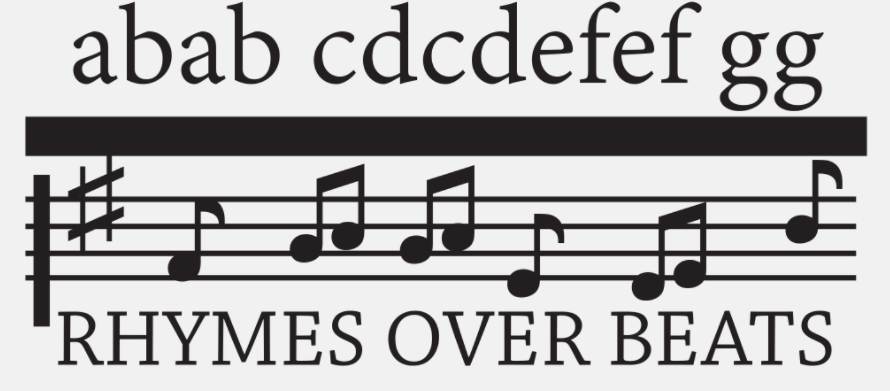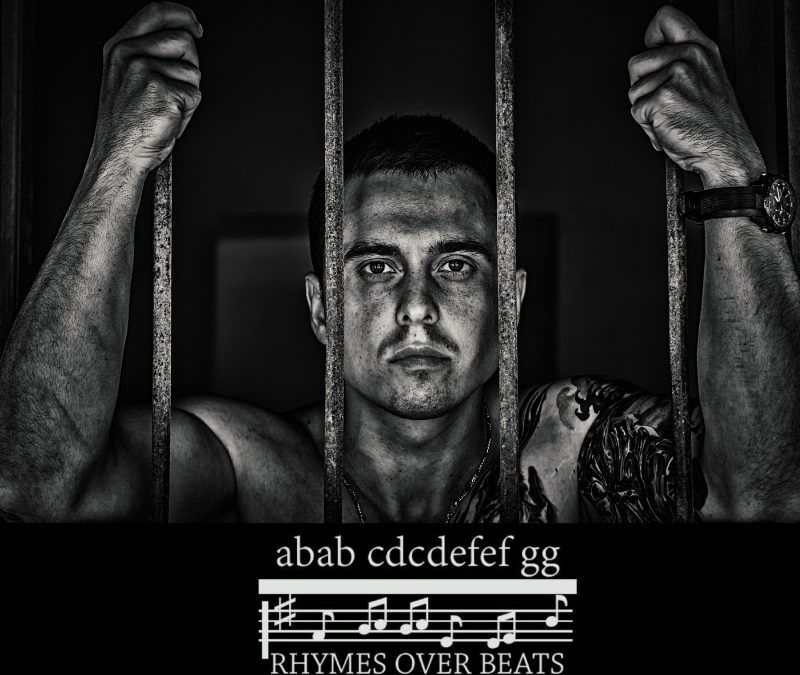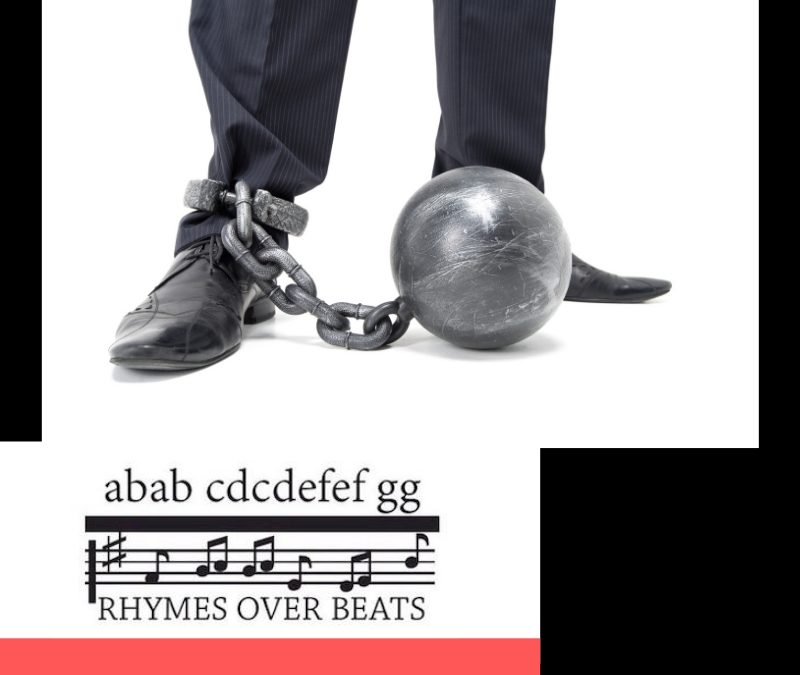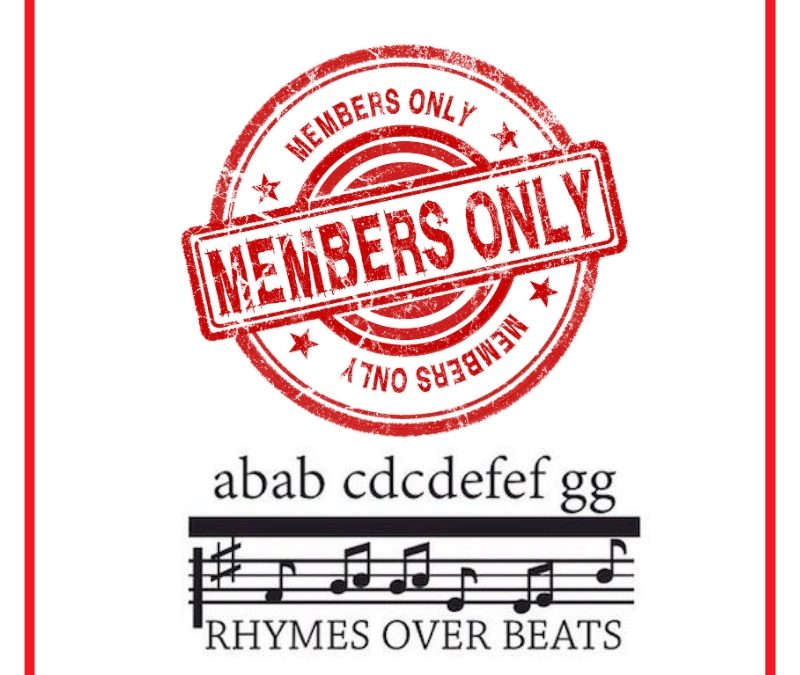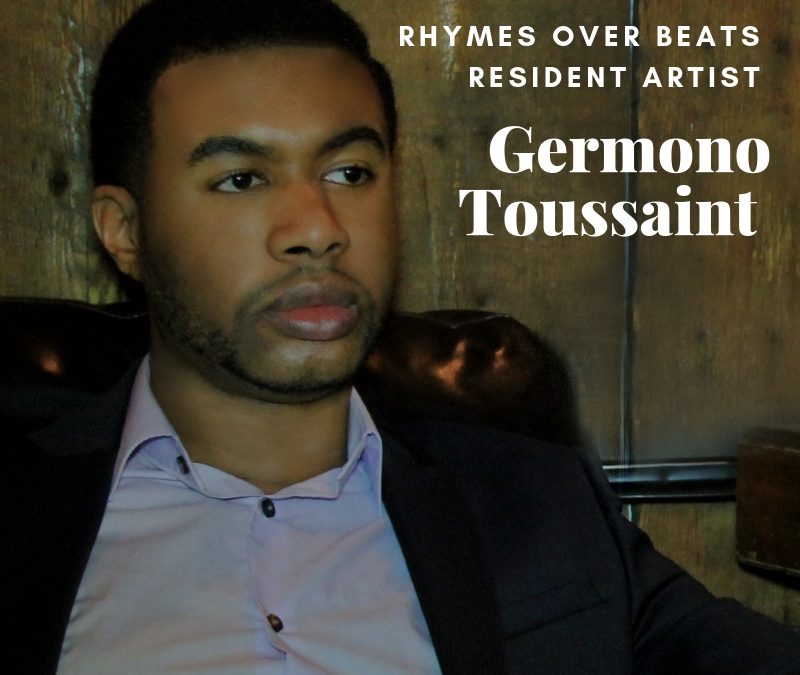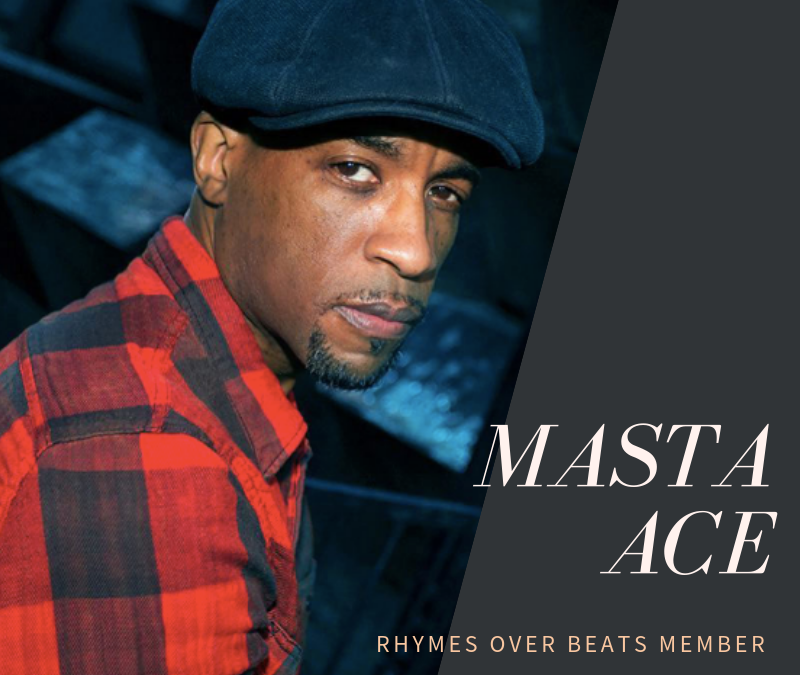
Where’s the Audience?
Finding Our Fan Base
Before a producer agrees to produce a show, indeed an essential part of the decision, is to determine who the audience is for the show.
Who are the people who are naturally inclined to come see the show?
There are three questions to ask:
- Who are they? You need to be specific. Saying, “anyone who likes a good show” is not sufficient. To reach out to everyone is impossible. Reaching out to parents who have children under ten, for instance, is not part of our strategy as a company.
- The second question is, are there enough of them? If you decide your audience are people in their nineties, it is specific but too small in size to support a show. You get what I mean.
- Finally, how best to connect with them? The answer to this question depends on your audience. Where are they? What do they look at, listen to, or read?
For Us, It’s the Hip Hop Audience
Rhymes Over Beats is a hip hop theater collective. We do musicals that incorporate hip hop music. We do plays that represent the hip hop culture. So our audience is people who know, understand, and celebrate the hip hop culture. We have a specific audience.
Hip hop has been around over for forty years. In your twenties if you were hooked on the music, say, when Rappers Delight first was released, you are in your sixties now. Our audience is part of the more general ticket-buying demographic.
Hip hop is the number one selling genre of music. It accounts for almost 25% of music sales. And that figure is growing. Old, young and every age in between. It’s a huge chunk of the population. It seems that our potential audience is large enough to support hip hop theater.
We have answers to the first two questions, who is our audience and are there enough of them. We are struggling with the third.
At the moment we are focused on social media. First, because it is very cost-effective. The average thirty second Super Bowl spot is slightly north of four million, which is sorta out of our price range at the moment. Second, because we think that’s where our audience is. Rappers have social media followings in the millions. A lot of bang for very little buck.
Are You On Board?
We are just getting started. Social media is a shotgun. Sometimes we want to use a scalpel.
These blogs are one way of getting the word out. If you have others, we would love to hear from you. Email me directly at patrickrobad@gmail.com and I’ll answer.
